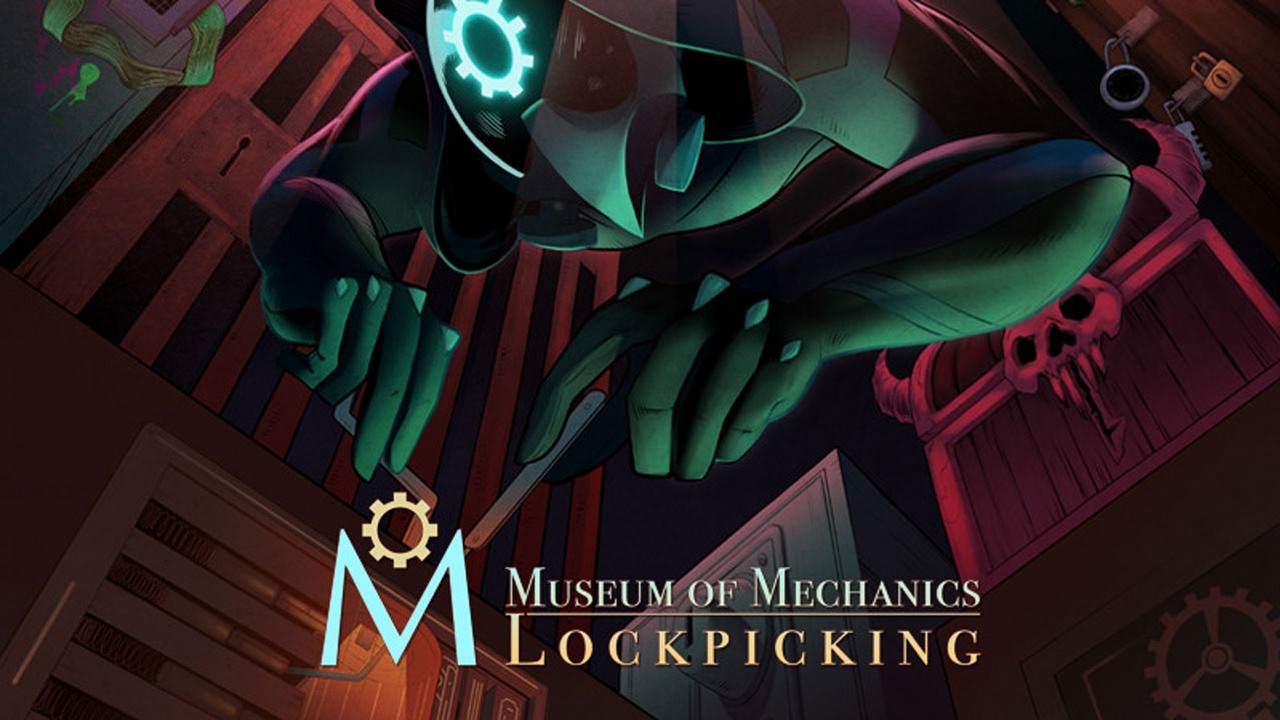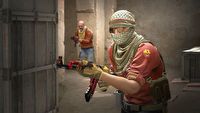Museum of Mechanics: Lockpicking Launches on Steam
Museum of Mechanics: Lockpicking is coming to Steam. The developers describe it as an interactive exhibition, with each exhibit providing an example of how this mechanic has evolved in video games and their various genres.

Independent studio Dim Bulb Games will start selling Museum of Mechanics: Lockpicking on Steam today. In their new title the creators, known to fans of independent gems thanks to Where The Water Tastes Like Wine, will give players a chance to visit an exhibition consisting of interactive exhibits - locks that we had a chance to open in the past. We can find here objects coming from Gothic, Mass Effect or Fallout. It promises to be quite a unique experience for every fan of logic and arcade puzzles, and for video game enthusiasts as such.
Museum of Mechanics: Lockpicking is supposed to be primarily an experience, although it will not lack the possibility of comparing our results with other players. This is a unique option for fans of short titles with the potential for multiple playthroughs. The game can also be found on itch.io, where version 0.6.5 can be downloaded for free from July 2021. However, it lacks the achievement comparison feature and challenge mode, as well as new mini-games. On Steam we will find it for probably $9.99.
Lockpicking is one of the most used mechanics in video games. It involves the use of tricks and supernatural powers, fighting against time or intricate logic puzzles that we sit on for hours. Variations on this theme are definitely a piece of video game history, so it's no surprise that fans decided to prepare an exhibition on the subject. In addition, each mechanism comes with a note about it from the creators, which helps to gain a deeper understanding of their design process.
Over the past two years, online museums have grown in popularity. The British Museum in London has so far offered the opportunity to experience an interactive exhibition covering various art disciplines, where we use the arrows on your keyboard to move through a timeline. In this case, the idea was to solve the problem of not being able to leave home and the difficulty of keeping in touch with other people. Virtual exhibitions are also a chance to see museum attractions that we would not be able to experience otherwise up close. Virtual experiences are a standard in video games, so an exhibition that is a sort of collection of mini-games is a way to best show the puzzles in their original form.
As the name of the game suggests, this is only the first part of a series created out of a desire to pay homage to the pioneers of the video game industry and show them as part of the history of the world, no less important than paintings or sculptures.
0

Author: Sonia Selerska
Began her professional writing adventure for Gamepressure.com in 2022, but she has always been interested in all forms of the written word. A student of Film and Multimedia with a specialization in Game Design and Development, deeply follows the blurring boundary between these two worlds. Sometimes, embarrassingly, appreciates style over substance. In the case of media, more often than not, goes to extremes; she can never choose between documentaries and horror films, and cozy games, life simulators, and animations. You will find her playing old-school consoles and indie gems rather than AAA titles. Devotes her free time to her love of fashion and art in a broader sense. Believes that the plot is the most crucial element of a game, and the most compelling stories are the ones inspired by everyday life.
Latest News
- 12 million players are celebrating, but not everyone will get a gift. ARC Raiders devs give away pickaxes and bans
- Cyberpunk 2077 creator explains why male V suddenly disappeared from ads
- Court sides with GTA 6 devs. Former Rockstar Games employees suffer a painful blow in their fight for money
- 2 Xbox Game Pass games. Star Wars: Outlaws comes with a newly released zombie apocalypse simulator
- „Bloodborne is a special game for me.” Dark Souls father's honest declaration is painful and hopeless, but true

